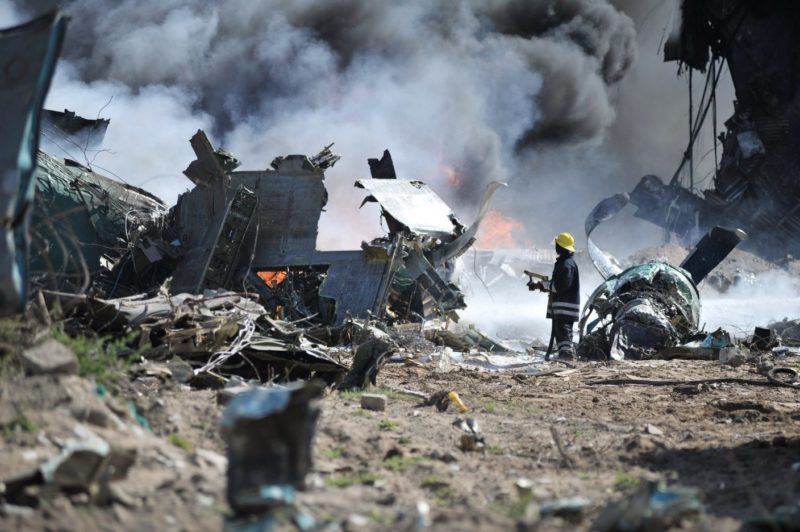No one who lives in New York needs it explained to them that the events of September 11, 2001 had devastating effects, especially to those courageous individuals who responded to the scene at Ground Zero. The destruction didn’t stop after the towers fell, either. For the first responders who bravely risked life and limb and the people who lived and worked near Ground Zero, the days, weeks and months after 9/11 meant constant exposure to a toxic environment that has been shown to cause numerous health issues that will impact many of them for years or decades to come.
As a country, we owe these people the care and attention they need to live with and, hopefully, overcome their 9/11-related ailments. The James L. Zadroga 9/11 Health and Compensation Act is a U.S. federal law providing medical benefits and financial compensation to those injured as a result of exposure to the post-9/11 toxic environment.
The James Zadroga 9/11 Health and Compensation Act
The James L. Zadroga 9/11 Health and Compensation Act, often called the “Zadroga Bill”, was signed into law by President Obama in early 2011 and was later reauthorized by Congress in 2015. The Zadroga Bill created two important programs: 1) the World Trade Center Health Program (“WTCHP”), which provides health monitoring and treatment services for people affected by 9/11-related medical issues; and 2) the September 11th Victim Compensation Fund (“VCF”), which pays financial awards to those who have physical injuries and have died due to exposure-related conditions.
In addition to providing help to those who were present at Ground Zero in New York, both programs are also available to first responders and survivors of the attack on the Pentagon and the crash site at Shanksville, Pennsylvania.
When originally signed into law in 2011, the Zadroga Bill authorized the VCF for five years, through 2016. Fortunately, in 2015, the Reauthorized Zadroga Bill was passed, which extended the VCF through 2020.
There are two requirements to be eligible to receive financial compensation from the VCF: 1) you must have been present in Lower Manhattan (south of Canal Street) at some point between September 11, 2001, and May 30, 2002; and 2) you must have been diagnosed with one of the eligible conditions, which include almost every form of cancer.
Thanks to the Zadroga Bill, the WTC Health Program and the 9/11 Victim Compensation Fund, first responders, volunteers, residents, students, and office workers, are entitled to free medical care and financial compensation, for the medical conditions caused by their Lower Manhattan exposure after 9/11.
Since the original passage of the Zadroga Bill in 2011, The Dearie Law Firm has represented hundreds of claimants to the VCF, recovering for them tens of millions of dollars. The 9/11 attorneys at The Dearie Law Firm are experts at the often complex VCF claims system and work tirelessly to recover the maximum possible awards for their clients. If you have questions about the Zadroga Bill, the WTC Health Program, or the Victim Compensation Fund, contact us today at (212) 970-6500.

